At times, it may be tempting to cut corners in our oral hygiene routine, especially when we’re exhausted after a long day. We might think skipping a full 2-minute brushing session or flossing won’t make much difference. But did you know our mouth has over 6 billion bacteria, encompassing 700 species? While some of these bacteria promote oral health, others have the potential to trigger diseases and complications. Unfortunately, when we neglect oral hygiene, we allow these bacteria to thrive, increasing the risk of oral problems.
Before you go running for your toothbrush, let’s explore the impact these mouth bacteria can have on your oral and overall health. Or you could just brush your teeth and join us as we delve into the consequences of poor oral hygiene, how it can affect your health, and most importantly, how you can overcome it. .
Understanding Poor Oral Hygiene: Plaque Formation, Consequences & Causes
The primary cause of poor oral hygiene is plaque – a sticky, colourless film that constantly forms on the tooth surface. It is a natural occurrence and develops because of the bacteria in your mouth interacting with the sugars and carbohydrates from the food you consume.
Plaque formation begins shortly after eating and is an ongoing process throughout the day. The bacteria in your mouth, combined with food particles and saliva, create a biofilm that adheres to the teeth. If not removed through regular oral hygiene practices, such as brushing and flossing, plaque can accumulate and cause a range of oral health issues.
When plaque remains on the teeth for extended periods, it can harden and transform into tartar or dental calculus. Tartar is a rough, yellow, or brown substance that firmly attaches to the tooth surface and cannot be cleaned by brushing alone. Tartar buildup must be removed through a professional deep cleaning from the dentist.
The accumulation of tartar and plaque increases the risk of gum disease and tooth decay. As bacteria multiply, they release toxins that irritate and inflame the gums, leading to gingivitis, the early stage of gum disease. If left untreated, gingivitis can progress to periodontitis, a more severe form of gum disease that can cause gum recession, bone loss, and even tooth loss.
Consequences of Poor Hygiene
Some of the consequences of poor oral hygiene include:
- Dental decay
- Gum disease
- Bad breath
- Tooth loss
While all the above consequences may seem to affect your oral health, these can also have an impact on your physical health. Gum disease is linked to an increased risk of heart disease, diabetes, and strokes. Problems with oral health can cause difficulty chewing, which can compromise nutrition, making you more susceptible to medical conditions, impairing general health and escalating pre-existing medical problems.
Causes of Poor Oral Hygiene
Several things can lead to poor oral hygiene and the formation of plaque and tartar. They include:
Inconsistent Brushing
Not brushing your teeth twice daily leads to plaque buildup, weakening your teeth and increasing the risk of dental caries. Additionally, poor brushing techniques, such as brushing sideways, not brushing for 2 minutes, and using a hard-bristled toothbrush, can also contribute to poor oral hygiene and teeth and gum abrasion.
Cleaning Between the Teeth
Flossing or using interdental brushes aid in thorough cleaning between teeth by effectively removing debris and food particles that regular brushing may miss. These food particles, when trapped between teeth, can attract bacteria, leading to gum inflammation and tooth decay.
Unhealthy Diet
Consuming excessive amounts of sugary and carbohydrate-rich foods provides a feast for the bacteria in our mouths. These bacteria thrive on sugars and produce acids as a byproduct, which can erode tooth enamel, leading to tooth decay. Processed and sugary foods also tend to cling to the tooth surface, providing an ideal environment for plaque formation.
Smoking
Smoking introduces harmful chemicals into your mouth, including nicotine and tar. These substances can have several adverse effects on oral tissues, reducing blood flow to the gums, hindering healing ability, and compromising the body’s natural defence mechanisms against infection. A weakened immune response makes smokers more susceptible to gum disease, including gingivitis and periodontitis. Additionally, smoking stains teeth, causes persistent bad breath and accumulation of plaque and tartar, leading to an increased risk of tooth decay.
Overcoming Poor Oral Hygiene
Taking care of your oral hygiene is easy with a few preventive practices. It can help you maintain your mouth and overall health, protecting you from diseases and infections for a healthy body and smile.
Some of the things you can do to overcome poor oral hygiene and maintain it include:
Consistent Oral Hygiene
Brushing your teeth twice daily and flossing once a day, form the foundation of good oral hygiene. Use strong fluoride toothpaste and a soft-bristled toothbrush. Hold your toothbrush at a 45-degree angle towards the gumline, using circular motions to clean all the tooth surfaces and angling the bristles towards the gums in a gentle, back-and-forth motion to clean the gum line. After brushing your teeth, gently brush your tongue or use a tongue scraper to remove bacteria and freshen your breath. Replace your toothbrush or toothbrush head every three to four months, or sooner if the bristles become frayed. Clean between the teeth daily, using dental floss or an interdental brush. You can also use an antibacterial mouthwash periodically to prevent bacteria formation. Talk to your dentist about the correct technique and which products to use to ensure you’re getting the most out of your oral hygiene routine.
Healthy Diet & Lifestyle
Having a diet high in nutrients keeps our immune system strong enough to fight bacteria and infections. It’s essential to limit the consumption of sugary foods and drinks, opt for a balanced diet rich in fruits and vegetables, and maintain proper oral hygiene for healthy teeth and gums. Limit alcohol consumption, staining food and drinks and smoking to protect your teeth from bacteria, stains, and discolouration.
Dental Check-ups
Regular dental check-ups involve a thorough examination of your teeth, gums, and oral tissues, allowing for early detection of any potential issues or developing problems. This early detection enables prompt intervention and treatment, preventing the progression of oral health conditions. Dentists can identify signs of gum disease, tooth decay, oral cancer, and other oral health concerns that may not be apparent to the untrained eye. Dental check-ups also include professional teeth cleaning, which removes stubborn plaque and tartar buildup that regular brushing and flossing may miss, preventing gum disease, tooth decay, and bad breath.
At Dana Street Dental, we offer personalised oral hygiene plans, guiding you on using the proper tools and products, brushing techniques, and addressing any concerns and questions you may have about your oral hygiene. Our dental checkups begin with an oral examination and X-rays if you haven’t had any in the last two years. If our dentist identifies any potential problem, we discuss it with you, presenting tailored treatment options that put your comfort and peace of mind first. If no treatment is required, we perform a deep clean for your teeth, removing plaque and tartar buildup and cleaning around the gum line and deep tissue pockets to leave your teeth squeaky clean.
Prevention is the Doorway to a Healthy Smile for Life
At our Ballarat Clinic, we believe prevention forms the foundation for maintaining your oral health, allowing you to have an improved life quality and overall wellness. This begins with oral hygiene and preventative dental care – a collaboration between you and our caring dentists. Maintaining good oral hygiene at home is necessary, but it’s simply not enough to go beneath the surface of your teeth. That’s where our Ballarat Dentists come in. We’re here to help you elevate your oral hygiene by detecting oral problems before they can progress and preventing others from protecting your beautiful smile. Contact us for a consultation today.














